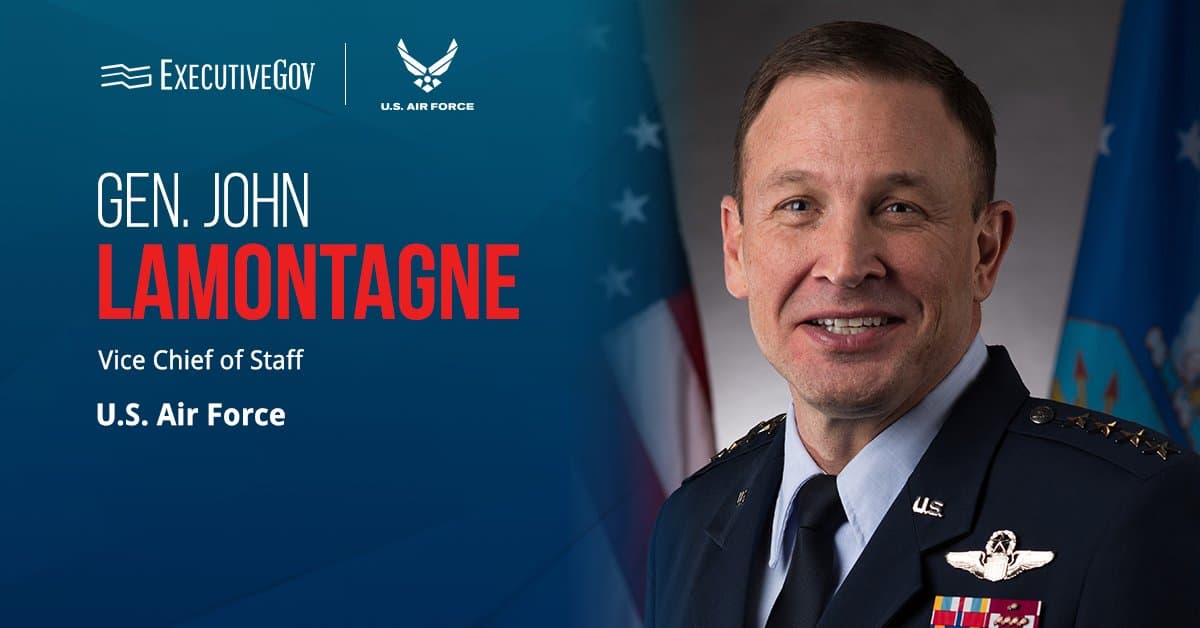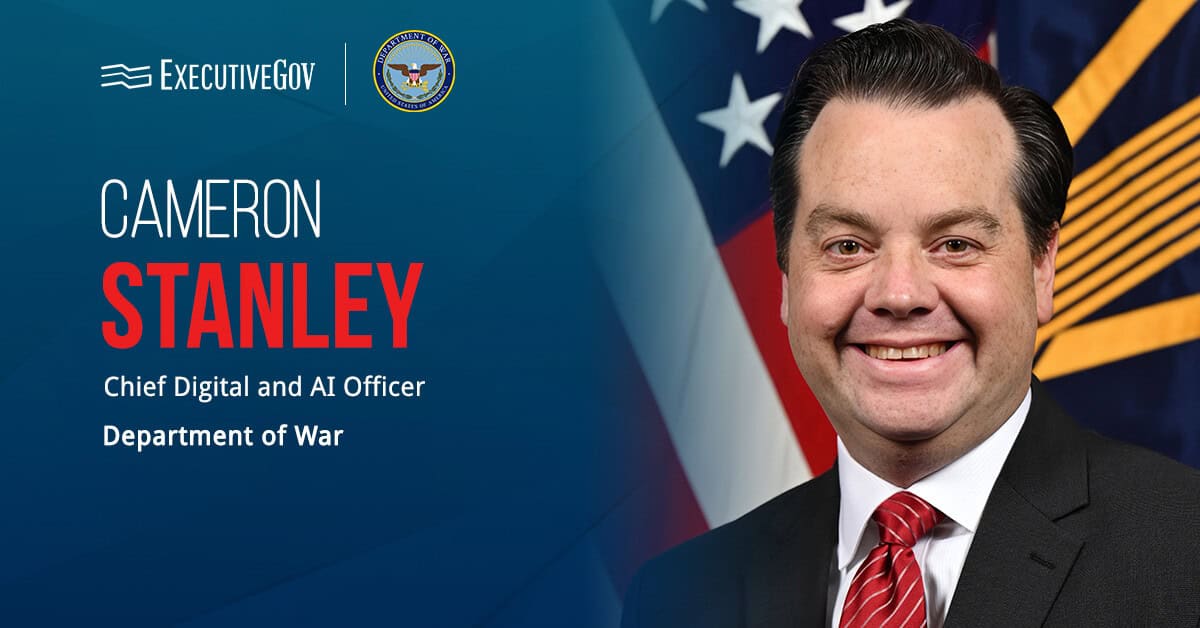
Cameron Naron, the Department of Transportation’s maritime administration director, said during the 2019 Sea-Air-Space event in National Harbor, Md. that the maritime industry is “unprepared for what comes next†in cybersecurity, USNI reported Friday. Naron noted in a panel discussion that the industry hasn’t seen adaptable regulations and established in-depth cybersecurity knowledge with each company having its own procedures for cyber training and operations.Â
Kevin Tokarski, a MARAD official, said vessels need to be certified for both cybersecurity and maritime safety. The unit aims to buy used vessels “with eyes wide open†to update its aging ships, according to Tokarski.
“We don’t just want to be patching vulnerabilities; we want to be defending forward,†added Gregg Kendrick, executive director of the Marine Corps Cyber Command.





